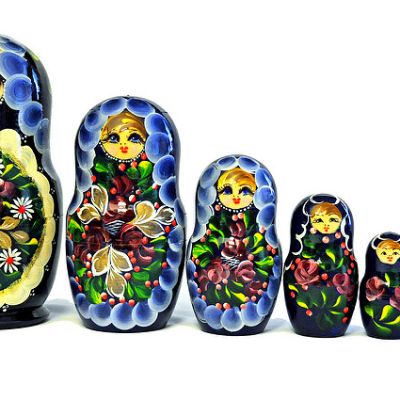Sexuality
Fragile and fleeting like soap bubbles, pleasure shines with many colours. But its iridescence is frightening for many. Perhaps because its colours change in unpredictable and uncontrollable ways, and though fragile and fleeting, it is a world in itself
Prisms cause rainbow effects because they refract light into its constituent colours. What this means is that the prism itself does not create the colours we see, but that they are already present in what appears to be colourless or ‘white’ light.
Safety and Sexuality… in these uncertain times of COVID-19 when most of the world is in some form or other of quarantine, safety has taken on a new meaning all together. People are encouraged to stay home, not step out unless absolutely necessary, practice social distancing, and so on. Is home the safest place to be? What about if home and family are where one feels least safe?
In our mid-month issue Shilpa Phadke brings us an interesting mix of ideas woven from narratives of pleasure, danger, and resistance, among others, with regard to the digital streets of online spaces, and explores the conditions of possibility that will allow us to have fun in the online public space that is the Internet…
In our mid-month issue, we have Mamatha Karollil writing about how she asserted herself after an incident of privacy violation when a nude picture of herself was seen by someone from work without her consent, and how ripping through, or not getting into, the cocoon of shame and dishonour, can prevent much distress…
In the mid-month issue we carry the second part of Madhu Mehra’s interview with Shikha Aleya about the law, power, inequalities, sexuality, consent and building a sex-positive culture. As Madhu says, for navigating negotiations and consent within sexual relationships more work is needed than merely lessons in legal literacy.
And so, in the mid-month issue we have Shweta Krishnan examining the place of political incorrectness in stand-up comedy, Rohini Banerjee talking about how fanfiction allowed her to delve into alternative worlds, and…
We are many selves. Or rather, like a series of Russian Matryoshka dolls nested one within the other, we perform…
In our mid-month issue, Mahika Banerji describing herself as being ‘massively function-less’ and as having ‘no mobility’, takes us into her world, not a world of sob stories but one that holds promise of fulfillment…
In our mid-month issue we have an interesting medley of articles many of which talk about the memory of and in the body. Rashi Kapoor presents a therapist’s perspective on body memory and healing, Debanuj Das Gupta offers us a deeply personal and political insight into AIDS, melancholia and queer memory…
In this mid-month issue we bring you some more interesting and intriguing articles on masculinities and sexuality starting with Mona Mishra’s thoughtful take on masculinities and vulnerabilities. Shikha Aleya interviews Daniel Mendonca who self-identifies as intersex and is a gender rights activist who engages with diverse groups of people in India and other countries to expand awareness, build empathy and foster an environment that is accepting of diversity.
As we see through this issue of In Plainspeak, stories have in them the power of exposing brutal truths about society and therefore also bring with them the possibility of reform, change, and hope, and when not possible, temporarily escaping into other worlds.
In the mid-month issue we have articles about the power of language to name, shame, and wound as well as articles about the subversive potential of language to turn the established order on its head and sing and dance around it.Here we mean language, as in not-just-English.
In our mid-month issue, Rahul Sen writes of the impossibility of intimacy, of the gnawing pain and underlying cruelties it may unsheathe and how it is at best an illusion while Pavel reminds us of how, in our search for intimacy, we keep bits and parts of our lost loves and they keep parts of us, and how through being loved by them we learn also to love ourselves.
In our mid-month issue, we continue to explore the theme of innovation and see how art is being increasingly used in innovative ways to highlight issues of sexuality and gender.















